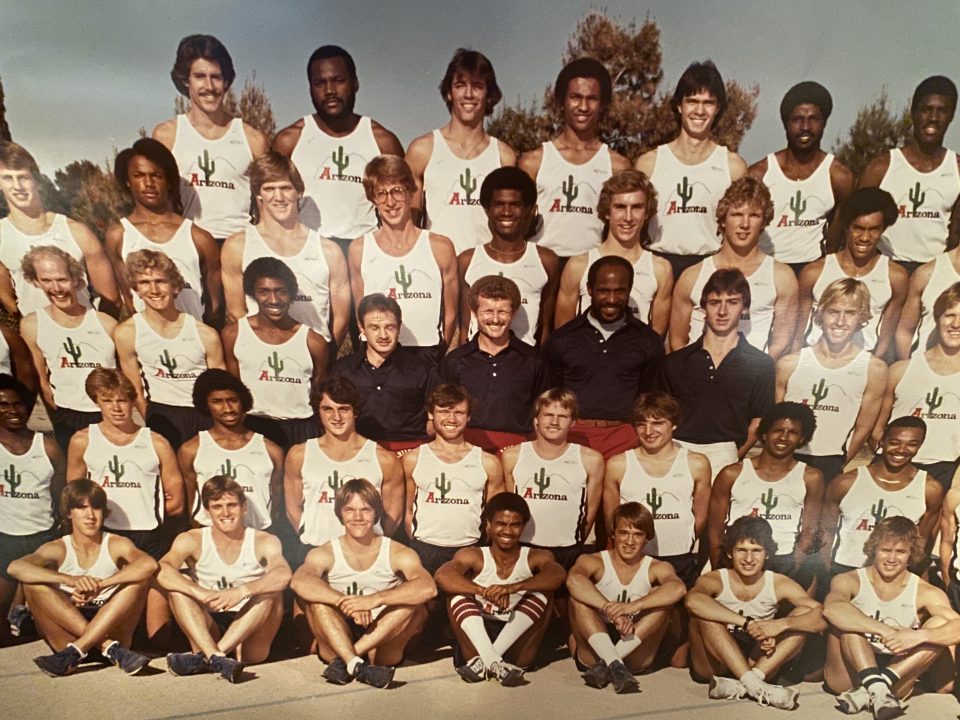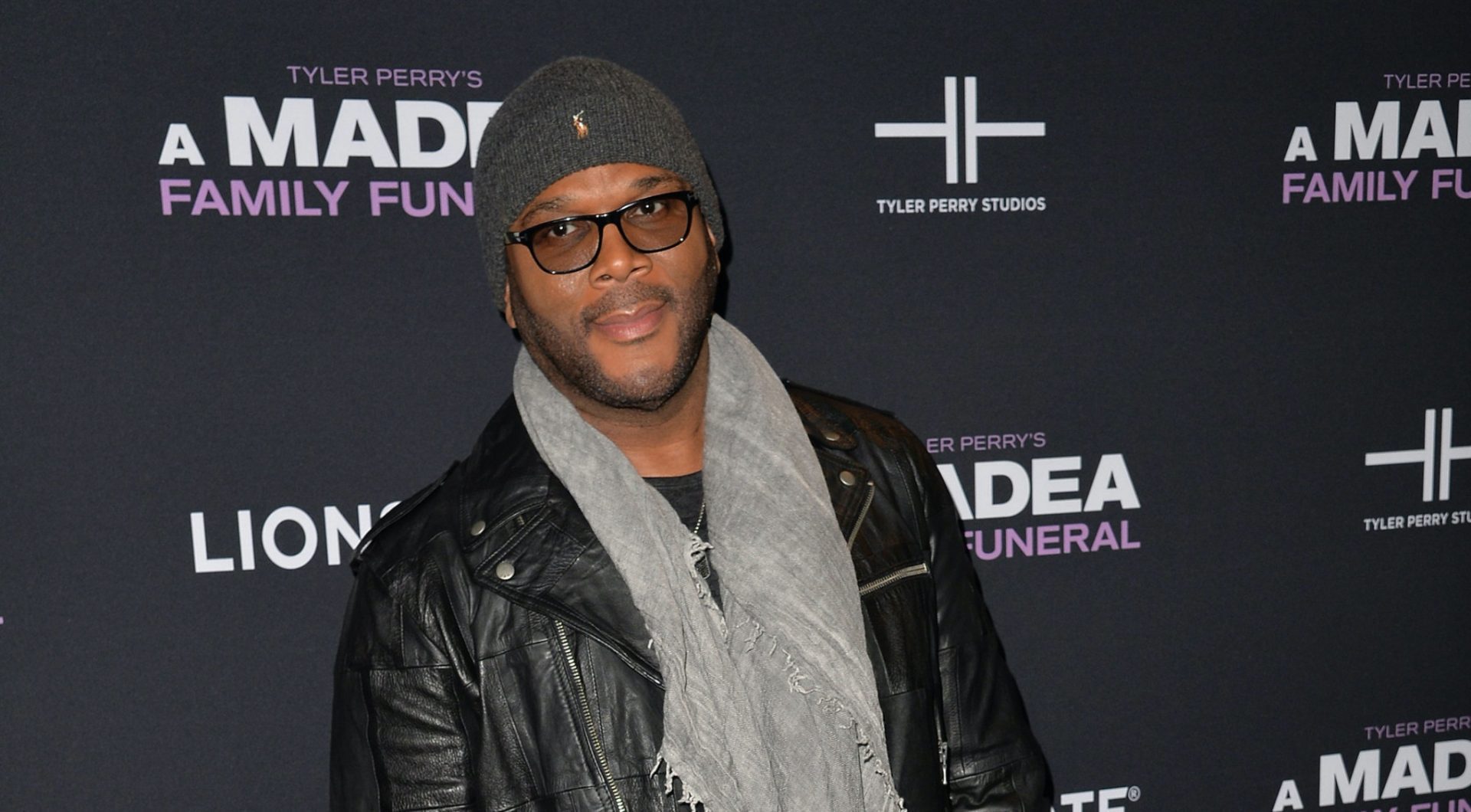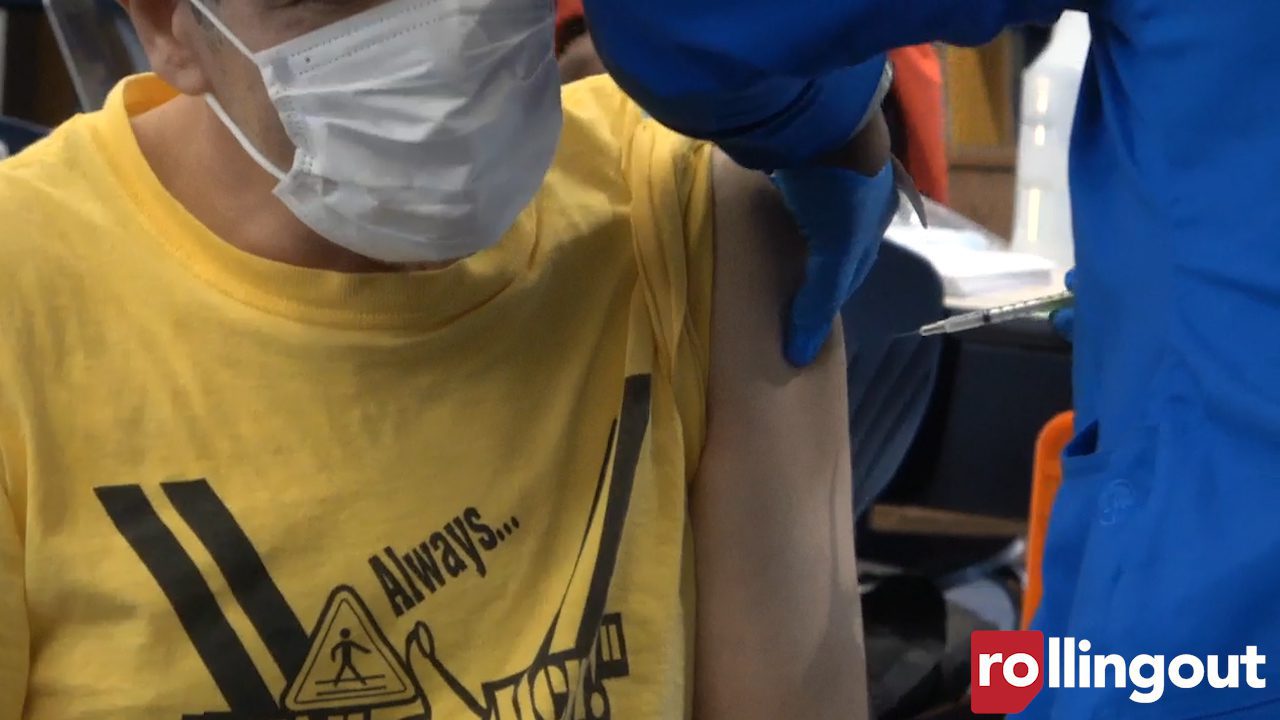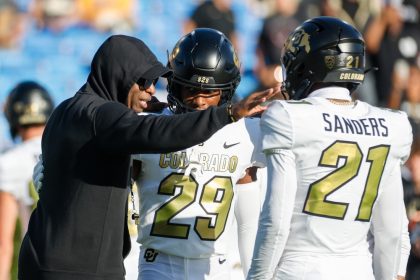
Willie Williams is arguably the most underappreciated Black man in the history of college athletics.
Hired as the head track and field coach for the University of Arizona in 1969, Williams became the first Black head coach in major college sports history. He lifted the program to a consistently championship level contender when everything came to a sudden halt on Jan. 15, 1982, when Williams was found at the team’s facility dead at 41 due to an apparent suicide.
M. Christopher Griffith was a freshman high jumper at the time of Williams’ death. Now a doctor, Griffith spoke to rolling out about the mental state of Black men and his college coach’s legacy.
Who was coach Willie Williams at the University of Arizona?
He was more than a coach, he was a friend. He served as a mentor for us all.
What do you remember from the day he took his life?
I’m a psychiatrist. I started medical school at age 22 and I’m almost 60, so I’ve been a doctor most of my life. I always wanted to be a physician and didn’t know what type. I’m sure becoming a psychiatrist had a lot to do with that day … the sun’s out, it’s 70 degrees and we had a regular routine before practice. You stretch, warm up, run a mile, stretch more and then sit around for coach to get there … our assistant coach, Mike Bassoff, then goes looking for coach and the next thing you see is scrambling, sirens, we were a bit confused and then later found out our coach [died by] suicide. … Yesterday, we got word he was selected to enter the University of Arizona Hall of Fame.
Why do you think it took 40 years for Williams to be recognized?
That’s been one of the things we’ve been trying to figure out. I’m a psychiatrist now, but that was my first encounter with mental illness. A suicide of an African American man who we all looked up to, and we were at a loss for words.
Times have changed, now when there’s the suicide of someone who’s in a position of authority, there’s going to be a team of professionals who will come and speak to you, some grief counseling support. None of that happened at all, and we continued to be left with emptiness. … Talking to his son years later, I learned he had been dealing with depression and stopped taking his medicine. When you do that, suicidial ideations becomes an inherent symptom. Not a sign of weakness, but a symptom of a serious disease.
… I think [why] it took so long is because of the shame perhaps the university felt as a result of coach’s death.
If you or someone you know needs help, call the 24-hour National Suicide Prevention Hotline at 800-273-8255 or text “HOME” to 741741.

















